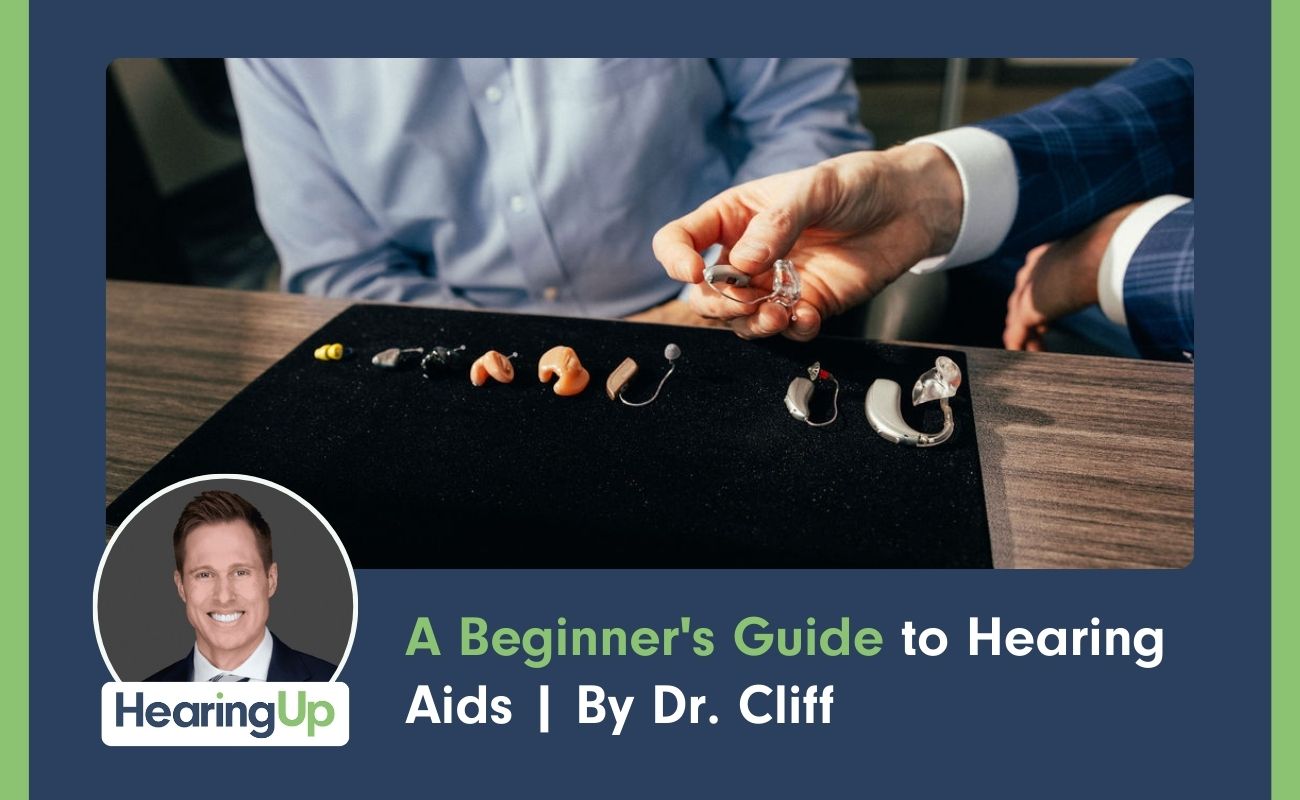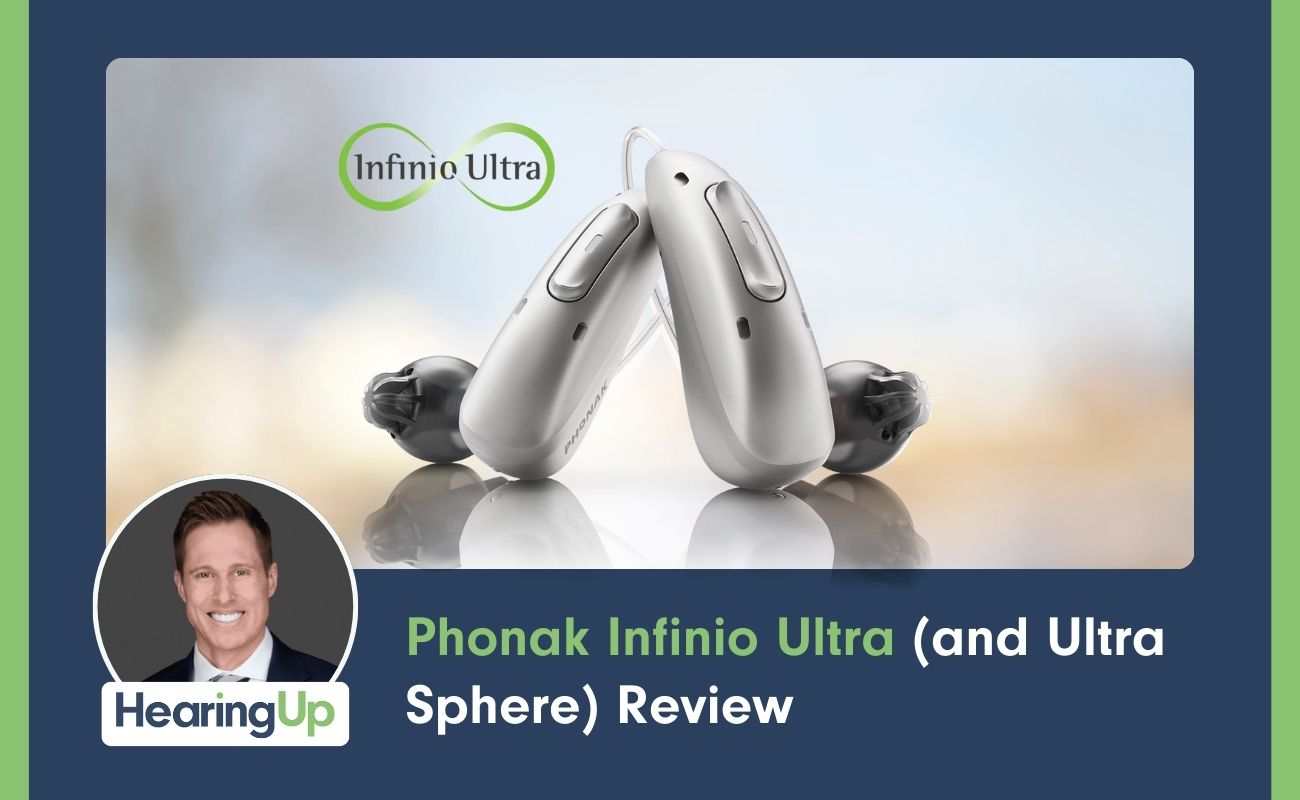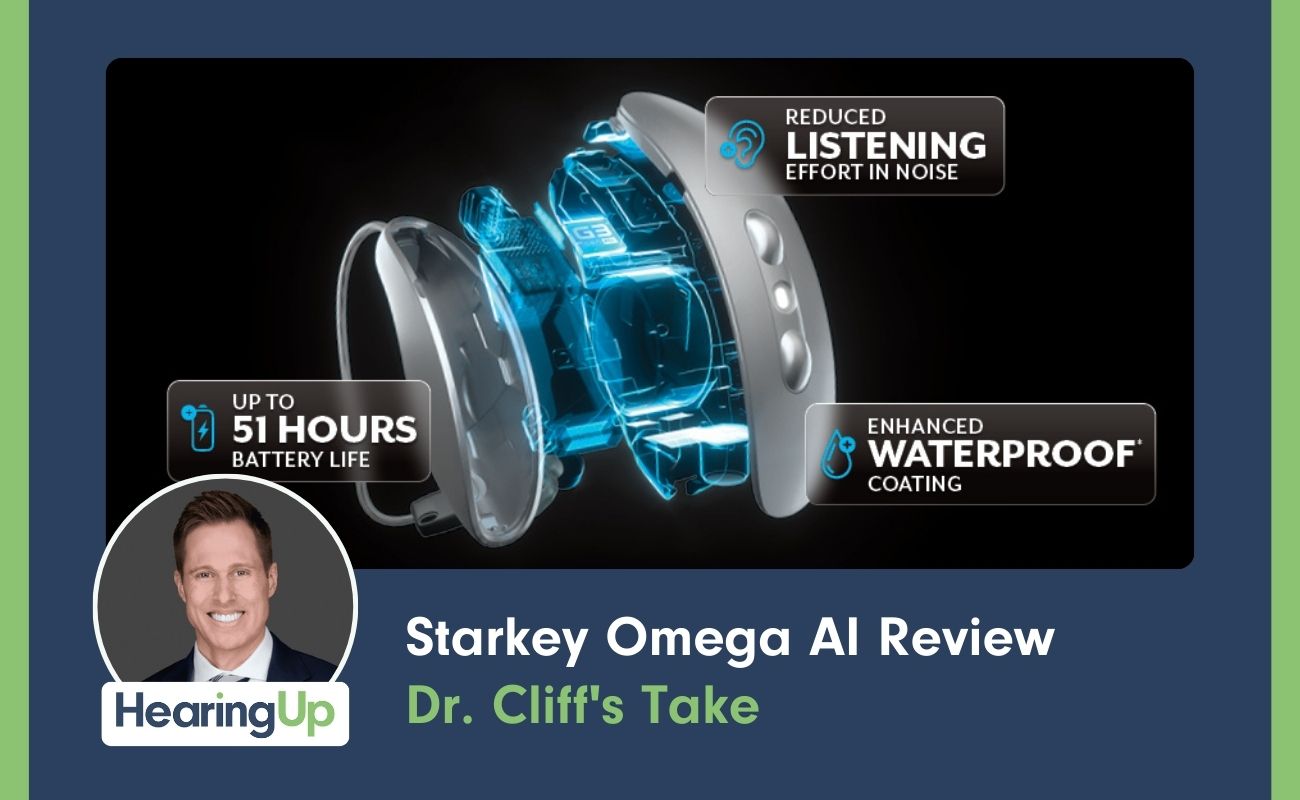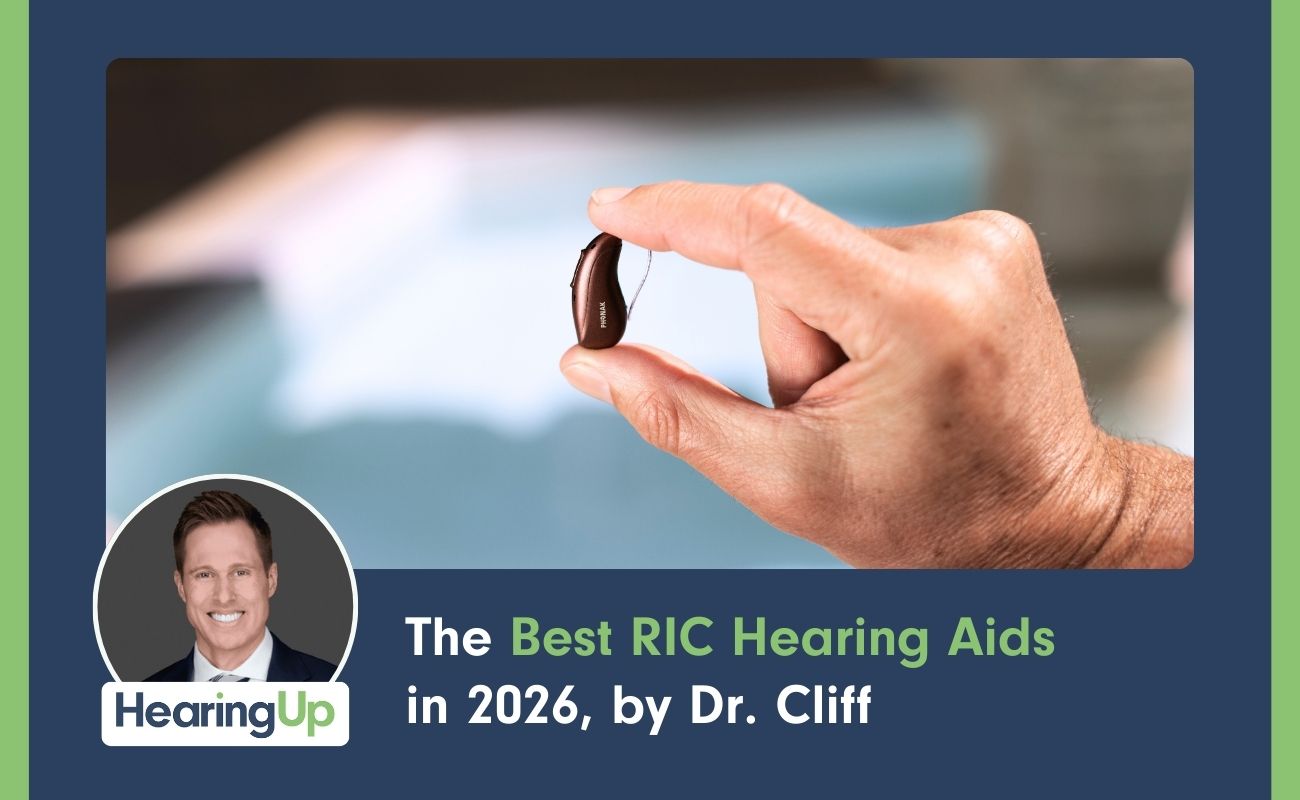Beginning in 2022, many hearing aid manufacturers announced a 3 percent rise in the cost of goods, increasing the cost of hearing devices my clinic would acquire from the manufacturer.
When you buy as many hearing aids from these manufacturers as we do, a 3 percent rise is relatively significant and affects our clinic's profitability. Last month, we heard that pricing was going up by another 6.5 percent this month, which is happening with several significant manufacturers.
This inflationary problem in the U.S. is causing substantial price rises, and I imagine these hearing aid price hikes have spread globally. But it means hearing aids at our clinics will cost almost 10% more.
Inflation affects all hearing aid professionals.
Now I'm part of Facebook and online groups for hearing care specialists, many of them clinic owners. As a clinic owner, I interact with other owners and ask for advice. I've noticed that many clinic owners are like, "We're doomed. That erodes our clinic's profit margin." Many audiologists, hearing instrument specialists, and clinic owners ask, "How can I absorb this, so my patients don't have to?"
So, that's where we are. We didn't raise prices after the 3% hike. We absorbed everything. How much of this 6 1/2 percent increase will we have to pass on to our patients?
Some hearing aid professionals serve a segment of the community that can't afford a high-level, higher-priced clinic like mine, where we follow best practices and offer a terrific patient experience. We can absorb that better than a clinic just providing basic care. They can't absorb the whole amount. They'd go bankrupt if they had to bear the total cost of inventory price hikes.
No getting around price hikes.
I think clinic care and hearing aids will become more expensive. At some time this year, hearing aids will be more expensive than they are today and potentially much more expensive because some clinics offer unbundled pricing.
In unbundled pricing, You go in and say, "Okay, you're recommending hearing aids to me; I need to get them," You buy them for whatever the clinic paid the manufacturer. The rest is extra. So testing, fitting, and servicing hearing aids are all extra costs once you have them. You'll end up paying for the increased cost of those devices. Then there'll probably be another increase added to all those different services to cover the other inflationary costs these clinics have to go through and will continue to go through.
Price rises will also occur with practices that offer bundled care. This is where clinics buy devices from manufacturers. They'll add all the services to the device's cost, raising the price you pay, but all your services are included. Many clinics will increase the fee by 9.5%, which will be a significant hike. Some may merely raise it by 3%, 5%, 6%, etc., as I've mentioned. Some will raise it by 10%. They may even raise it further to cover other expenses.
Hybrid clinics mix both, with a slight markup on hearing aids and bundled packages that you buy and pay for.
Prices will rise no matter how your hearing care expert handles their care.
Bad news for small hearing practice owners
Small businesses suffer when prices rise. Some think audiologists and hearing instrument specialists in private clinics are con artists and money-hungry. Still, they're like any other small business entrepreneur, just trying to get by.
People need private practice clinics. Private audiology practices are growing faster than large box retailers. Private practice audiology is needed, but many small business owners will feel the strain. I wouldn't be surprised if some clinics closed permanently due to pricing rises.
Beat inflation by getting treated as soon as possible
If you're on the fence about treating your hearing loss and thinking, "I might do it in 2022," you should probably have your hearing test and consultation and start treatment now because I think a lot of these price increases will take effect in July. If you buy before then, you'll beat the price rises.
Everything will be more expensive before the end of the year. This isn't a sales pitch. I'm telling you to buy hearing aids now if you're on the fence to save money. If you're looking for new technologies, browse my Youtube channel and ask, "What's the best hearing aid right now?" The best hearing aid will cost more at year's end. You should upgrade your technology sooner rather than later.
I don't know what you have going on this summer, like vacations that would prevent a proper sequence of new devices, but getting the hearing aids and the initial fitting done will put you in a better financial position than waiting until the end of the year.
If we keep up at 8.6% inflation, goods and treatment costs could rise by 8-10% next year. Once the cat is out of the bag, it's out. Even if inflation falls, prices will stay at an elevated level.
So, that's my warning. This seemed like a good time to bring it up and warn you that things will change. Do it now instead of later, okay? No regrets, I promise.

Hearing aid success requires 90-min evaluations, Real Ear Measurement programming, appropriate tech selection, 30-day adaptation and ongoing professional follow-up.
Read More
Phonak Infinio Ultra firmware adds AutoSense OS 7.0 (24% better), 30% improved battery (10hrs with AI), simplified Bluetooth pairing, and faster feedback tests.
Read More
Starkey Omega AI improves on Edge AI with DNN 360 (19.6% better speech clarity), spatial awareness, find-my-hearing-aid lights, and 20x stronger custom shells.
Read More
Top 2026 RIC hearing aids: Phonak Ultra Sphere Infinio (AI noise reduction), Starkey Omega AI, Oticon Intent, Signia IX, Widex SmartRIC.
Read More
Best 2026 invisible aids: Oticon Zeal (AI/Auracast), Phonak Lyric (self-replace), Starkey IIC (minimal), Phonak Titanium (durable), Oticon Own (AI processing).
Read More
Auracast audio, remote care, DNN processing, custom ear molds, and durability tech lead 2026's most impactful hearing aid innovations for better sound and convenience.
Read More